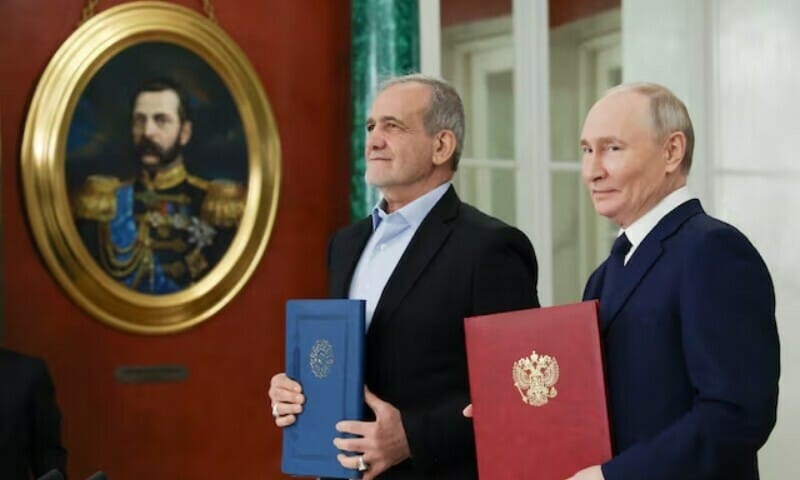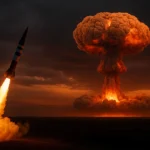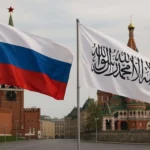On Wednesday, Iran’s parliament ratified a 20-year strategic partnership agreement with Russia, signaling a significant step in enhancing bilateral cooperation, particularly in defense. The pact, originally signed by Russian President Vladimir Putin and Iranian President Masoud Pezeshkian on January 17, had previously received approval from the Russian legislature in April.
Though the agreement stops short of establishing a mutual defense pact, it outlines intentions for collaboration against shared military threats, expanded military-technical cooperation, and joint military exercises.
Since the outbreak of the Ukraine war in 2022, ties between Tehran and Moscow have grown stronger—particularly in military affairs. Western nations have accused Iran of supplying missiles and drones to support Russian operations in Ukraine, an allegation Iran denies.
Beyond defense, the partnership includes key economic initiatives such as promoting interbank cooperation and expanding the use of national financial instruments. Additionally, a new free trade agreement between Iran and the Eurasian Economic Union (EAEU), led by Russia, came into effect last week. This deal reduces tariffs to increase trade between the two heavily sanctioned nations.
Key Points:
-
Iran’s parliament approved a 20-year strategic partnership with Russia.
-
The agreement includes defense cooperation but no mutual defense clause.
-
Signed by Presidents Putin and Pezeshkian on January 17; ratified by Russia in April.
-
Emphasizes joint military exercises and responses to shared threats.
-
Accusations persist that Iran supplies weapons to Russia for the Ukraine war—claims Iran denies.
-
Economic aspects include interbank collaboration and national financial product promotion.
-
A free trade agreement with the Russia-led EAEU has recently come into effect.
The strategic pact between Iran and Russia marks a deliberate deepening of their alliance amid global tensions, especially with the West. While military collaboration remains a key feature, the inclusion of economic measures—such as the EAEU trade deal—shows a concerted effort by both nations to circumvent Western sanctions and solidify a long-term geopolitical partnership.







